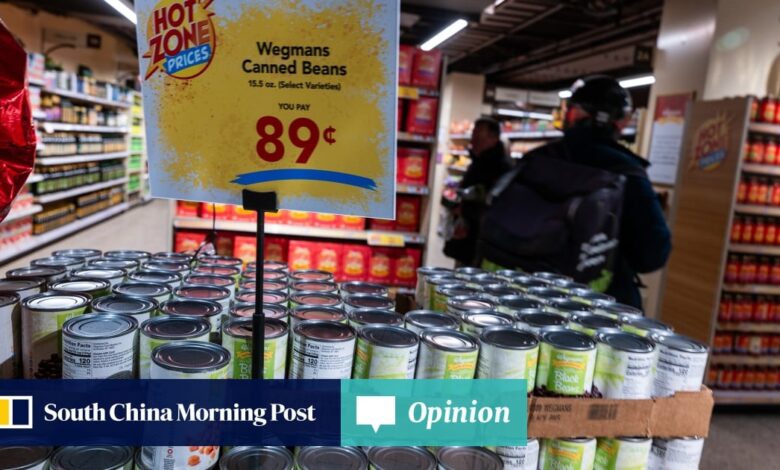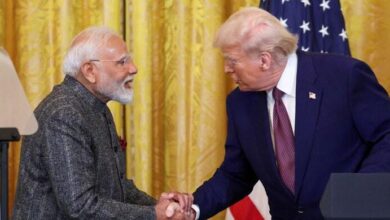New Business
Macroscope | How Trump’s new trade war could hurt US and fix what ails China


As US President Donald Trump doubles down on his protectionist policies, he has the financial markets on his side. The benchmark S&P 500 equity index stands just below its latest record high. Even the yield on the 10-year US Treasury bond, which was approaching 5 per cent last month, has fallen back to almost 4.5 per cent.
Trump can also rely on US consumers, the engine of the country’s economy, to keep opening their wallets. Although pressures from high interest rates and sticky inflation are weighing on sentiment, signs of the resilience of consumer spending are plain to see.
According to a monthly index published by the Conference Board, consumers’ assessments of their families’ finances during the next six months hit a new high in January, while more than half of those surveyed expected US stocks to rise this year. Tellingly, the proportion of consumers anticipating a recession in the next 12 months was close to its lowest level since the index was established.
President Xi Jinping has had to make do without such support. Despite the introduction of more aggressive monetary and fiscal stimulus measures late last year and a shift towards prioritising domestic demand, the MSCI China Index of stocks listed on the mainland and in Hong Kong is down more than 7 per cent since October 7.
More worryingly, China’s 10-year government bond yield has fallen to a record low of 1.6 per cent, only slightly above its Japanese equivalent. This is fanning fears that China is succumbing to the chronic deflation and stagnation that plagued Japan in the 1990s. It is also an ominous signal that although there is likely to be more stimulus this year, there is little confidence that it will be sufficient to get consumers to save less and spend more.
As China faces a major intensification of the trade war with the United States that erupted seven years ago, it is paying the price for having made scant headway in rebalancing its economy. Consumption accounted for just 56 per cent of economic output in 2023, compared with a global average of 76 per cent.
Source link



